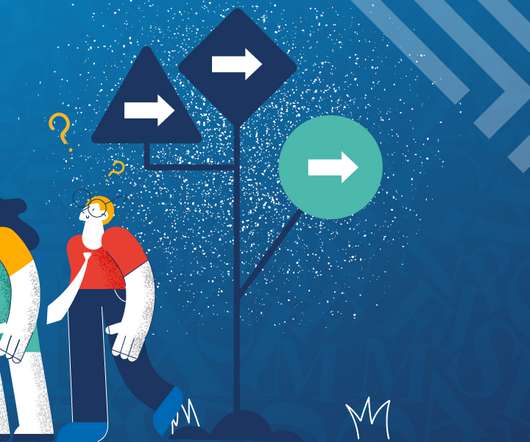How Social Networks Can Harness the Power of Weak Ties | Social.
Dashe & Thomson
MAY 11, 2011
This implies that digital social tools aimed at facilitating our professional lives might not want to focus too much on helping us stay in touch and work with our closest colleagues. Instead, they might want to help us build, maintain, and exploit a large network of weak ties. Properly d.































Let's personalize your content